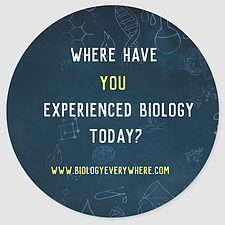 Today on How on Earth, Beth plays part of a 1964 lecture by Nobel laureate Richard Feynman in which he discusses how the scientific method actually works and the progressive, and therefore uncertain, nature of science. Then she speaks with Dr Melanie Peffer about her book, Biology is Everywhere, and her goals of making biology accessible and interesting to everyone. Her website was cited incorrectly on the show, here is the true link.
Today on How on Earth, Beth plays part of a 1964 lecture by Nobel laureate Richard Feynman in which he discusses how the scientific method actually works and the progressive, and therefore uncertain, nature of science. Then she speaks with Dr Melanie Peffer about her book, Biology is Everywhere, and her goals of making biology accessible and interesting to everyone. Her website was cited incorrectly on the show, here is the true link.
Executive Producer: Joel Parker
Show Producer: Beth Bennett
Engineer: Maeve Conran
Listen to the show:
Podcast: Play in new window | Download (Duration: 25:25 — 23.3MB)
Subscribe: RSS



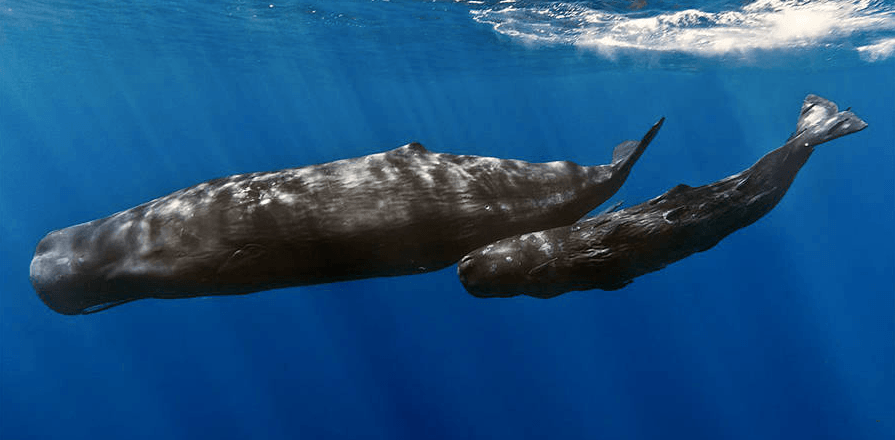
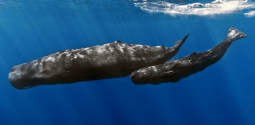

 Beth and Angele discuss the pros and cons of mask wearing as protection against the novel corona virus. You can see the
Beth and Angele discuss the pros and cons of mask wearing as protection against the novel corona virus. You can see the 
 With graduation season is upon us, today’s edition of How on Earth is our annual “Graduation Special”. Our guests in the studio today are scientists who have or will soon receive their Ph.D. in a STEM-related field. They talk about their thesis research, their grad school experiences, and what they have planned next.
With graduation season is upon us, today’s edition of How on Earth is our annual “Graduation Special”. Our guests in the studio today are scientists who have or will soon receive their Ph.D. in a STEM-related field. They talk about their thesis research, their grad school experiences, and what they have planned next. Hayley Sohn – CU Boulder,
Hayley Sohn – CU Boulder, 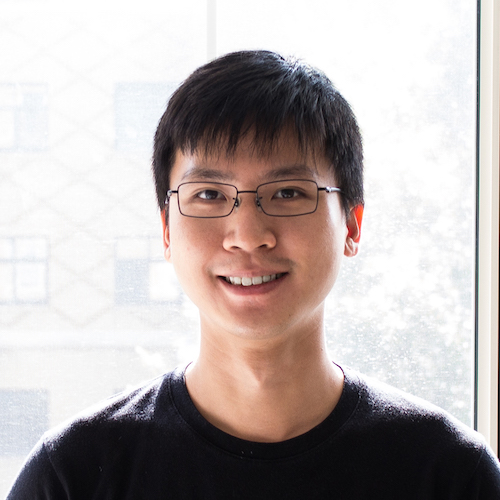 Clement Zheng – CU Boulder,
Clement Zheng – CU Boulder, 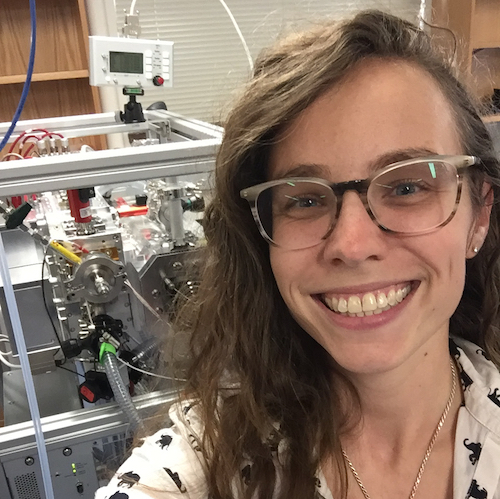 Jennifer Berry – CU Boulder,
Jennifer Berry – CU Boulder, 
 This week on How on Earth, we speak with Professor Catherine Donnelly, of the University of Vermont, about her book,
This week on How on Earth, we speak with Professor Catherine Donnelly, of the University of Vermont, about her book, 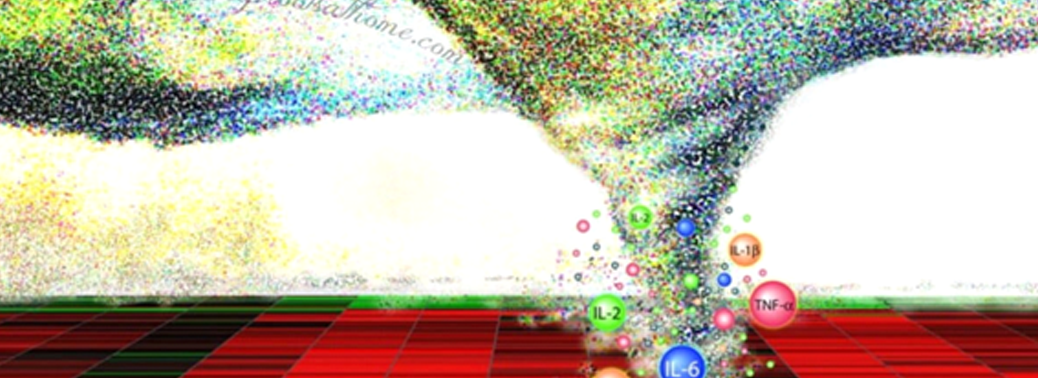

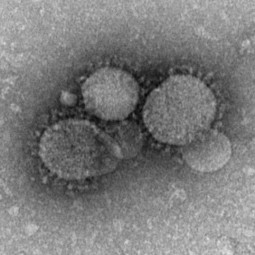
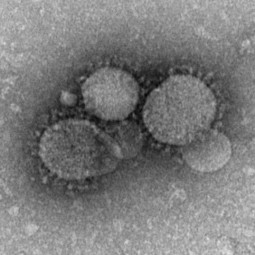 This week on How on Earth, we are still producing off site. Beth and Angele give an update on treatment and transmission of the corona virus and Shelley interviews CU Boulder scientists Anushree Chatterjee and Prashant Nagpal who explain the pros and cons of using old medicines to fight Covid-19, and they describe some new “medicines” in the future, and how to speed up their development.
This week on How on Earth, we are still producing off site. Beth and Angele give an update on treatment and transmission of the corona virus and Shelley interviews CU Boulder scientists Anushree Chatterjee and Prashant Nagpal who explain the pros and cons of using old medicines to fight Covid-19, and they describe some new “medicines” in the future, and how to speed up their development.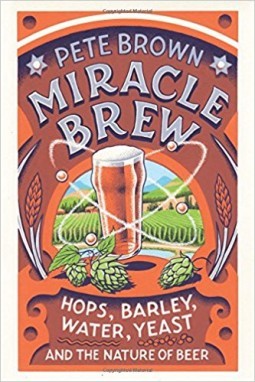
 This week How on Earth adjusts to the restrictions imposed by the corona virus by replaying a previous feature on the chemistry of beer brewing. First Beth gives an overview of some proposed treatments for corona virus. Then, the featured interview with author Pete Brown. When the New York Times reviewed Miracle Brew, the reviewer said: A magisterial tour of fearsome science and vast brewery history leavened with cheery anecdotes, humor, vivid you-are-there prose and a clever eye for personality . . . His rhapsodies about the meaning of life and the meaning of beer are stirring. . . .His expertise and insight will leave you with a glimmer of infinity every time you hold a bottle of it in your hand.
This week How on Earth adjusts to the restrictions imposed by the corona virus by replaying a previous feature on the chemistry of beer brewing. First Beth gives an overview of some proposed treatments for corona virus. Then, the featured interview with author Pete Brown. When the New York Times reviewed Miracle Brew, the reviewer said: A magisterial tour of fearsome science and vast brewery history leavened with cheery anecdotes, humor, vivid you-are-there prose and a clever eye for personality . . . His rhapsodies about the meaning of life and the meaning of beer are stirring. . . .His expertise and insight will leave you with a glimmer of infinity every time you hold a bottle of it in your hand.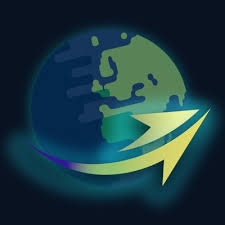
 This episode talks about research about COVID-19, angiotensin converting enzyme (ACE), and targeted therapies, and our feature is an interview with
This episode talks about research about COVID-19, angiotensin converting enzyme (ACE), and targeted therapies, and our feature is an interview with